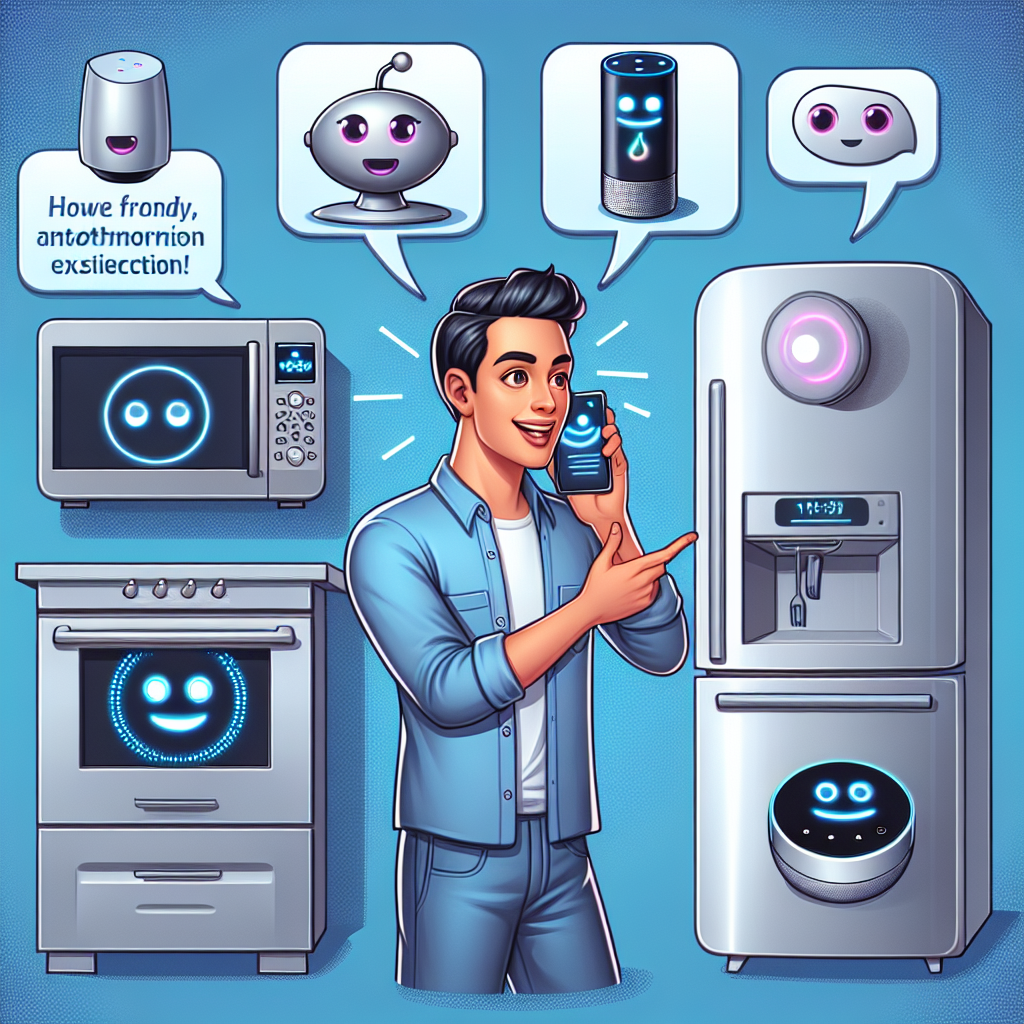In the rapidly evolving landscape of healthcare, artificial intelligence (AI) has emerged as a game-changing force, prompting us to question its true nature: is it our personal doctor or a digital intruder? As AI technologies continue to revolutionize patient care and medical processes, we find ourselves at a crossroads where the potential benefits and concerns intertwine. From enhancing diagnostic accuracy to streamlining administrative tasks, AI is reshaping the healthcare industry in unprecedented ways. This digital transformation promises to usher in a new era of personalized medicine, where treatments are tailored to individual genetic profiles and AI-powered algorithms assist in real-time decision-making. However, as we embrace these AIHealthcare innovations, we must also grapple with the ethical implications and potential privacy concerns that come with entrusting our most sensitive information to intelligent machines. The integration of MedTech solutions into our healthcare systems represents both a tremendous opportunity for improving PatientCare and a challenge to traditional doctor-patient relationships, raising important questions about the future of medical practice in the age of artificial intelligence.
Key Trends in AIHealthcare
As AI continues to make significant strides in healthcare, several key trends are emerging that showcase its transformative potential.
Real-Time Decision Support Systems
Real-time decision support systems powered by AI are becoming increasingly prevalent in clinical workflows. These intelligent systems assist healthcare professionals in making informed decisions quickly by analyzing patient data and clinical guidelines to recommend treatment options. By providing timely and accurate information, AI enhances patient safety and improves the overall quality of care.
Automation of Repetitive Tasks
The automation of repetitive tasks is another area where AI is making a significant impact. From scheduling appointments to managing billing and documentation, AI technologies are reducing administrative burdens on healthcare staff. This automation not only increases operational efficiency but also allows healthcare providers to focus more on direct patient care, ultimately improving the patient experience.
AI in Diagnostics
In the realm of diagnostics, AI algorithms are revolutionizing the way medical images and lab results are analyzed. These advanced systems can detect anomalies in radiological scans with a level of precision that often surpasses conventional methods. This enhancement in diagnostic accuracy leads to earlier detection of diseases and more timely interventions, potentially saving lives and improving patient outcomes.
Medication Management with MedicalAI
Medication management is yet another area benefiting from AI integration. Intelligent systems are now capable of flagging potential drug interactions, monitoring adherence, and providing reminders for medication schedules. This proactive approach significantly improves patient safety and ensures that treatments are more effective.
Benefits of AI in Healthcare
The benefits of incorporating AI into healthcare are manifold. Improved patient outcomes through personalized treatments, increased efficiency in administrative processes, enhanced accuracy in diagnostics, and better resource allocation within healthcare systems are just a few of the advantages. As these AIHealthcare solutions continue to evolve, they are increasingly aligning with Zygote.AI’s philosophy of empowering innovation and creating accessible AI solutions.
However, it’s important to note that while these advancements in MedTech are promising, they also raise important questions about data privacy, the role of human judgment in medical decision-making, and the potential for AI to exacerbate existing healthcare disparities. As we continue to integrate AI into our healthcare systems, it’s crucial to strike a balance between leveraging its benefits and addressing these concerns.
The Shift Towards Smarter Medical Practices
The rapid adoption of AI in healthcare is not just about implementing new technologies; it represents a fundamental shift towards smarter, more efficient medical practices. This transformation aligns closely with Zygote.AI’s mission to enable individuals and teams to create intelligent and efficient AI applications without coding skills. By making these powerful tools more accessible, we can foster innovation and collaboration in the healthcare sector, unlocking endless possibilities for improving PatientCare and medical outcomes.
Future Prospects of HealthInnovations
As we look to the future, the prospects of AI in healthcare are both exciting and transformative. The expanded use of AI in clinical settings is set to revolutionize patient management and treatment decisions. Healthcare providers will increasingly rely on data analytics to gain deeper insights into patient health, enabling more accurate diagnoses and personalized care plans. This integration of AIHealthcare solutions into everyday medical practice aligns perfectly with Zygote.AI’s vision of empowering innovation and creating accessible AI tools for all.
Personalized Treatment Plans
One of the most promising advancements is the development of personalized treatment plans using genetic information. By leveraging AI to analyze vast amounts of genetic, clinical, and lifestyle data, healthcare professionals can create highly tailored therapies that are more likely to be effective for individual patients. This convergence of AI and precision medicine represents a significant step towards truly personalized healthcare, embodying Zygote.AI’s philosophy of using technology to unlock endless possibilities in patient care.
Predictive Analytics for Proactive Health Interventions
The growth in predictive analytics for proactive health interventions is another area where AI is set to make a substantial impact. By identifying potential health issues before they become severe, AI-powered systems can enable early interventions, potentially leading to improved patient outcomes and reduced healthcare costs. This proactive approach to healthcare aligns with Zygote.AI’s mission to create intelligent and efficient AI applications that can solve real-world problems.
Telemedicine and Remote Diagnostics
The integration of AI with telemedicine for remote diagnostics is set to expand access to quality healthcare, particularly for underserved populations. AI algorithms can analyze data collected during virtual consultations, providing healthcare professionals with actionable insights to make informed decisions about patient care, even from a distance. This development resonates with Zygote.AI’s goal of making AI solutions accessible to all, fostering innovation that can benefit society as a whole.
In conclusion, AI represents a fundamental shift towards smarter, more efficient medical practices. While it may not entirely replace human doctors, AI is certainly becoming an indispensable tool in healthcare, acting more as a highly intelligent assistant than a digital intruder. The key to harnessing its full potential lies in striking the right balance between technological innovation and human expertise.
As we navigate this new era of AIHealthcare, it’s crucial to address challenges such as data privacy, ethical considerations, and equitable access to these technologies. By doing so, we can ensure that the benefits of MedTech innovations are widely distributed, improving PatientCare across all demographics.
The future of healthcare, powered by AI, is not just about cutting-edge technology; it’s about creating a more efficient, personalized, and accessible healthcare system for all. This vision aligns perfectly with Zygote.AI’s mission to democratize AI creation and empower individuals and teams to innovate without barriers. As we continue to develop and refine these AI-driven healthcare solutions, we move closer to a future where everyone can benefit from smarter, more responsive, and more effective medical care.









